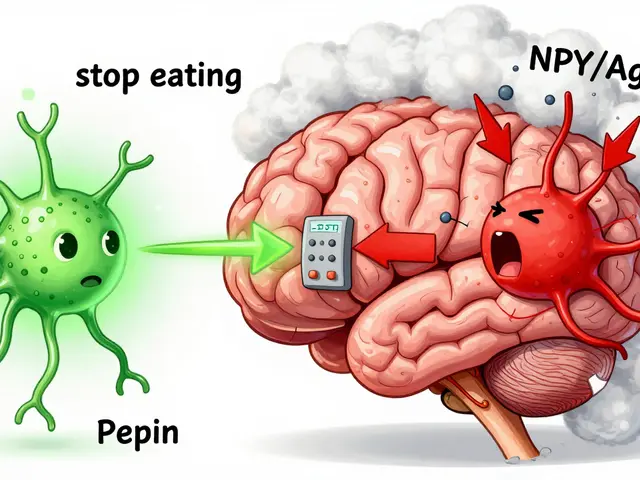Child Health Tips Every Parent Should Know
If you’re juggling school runs, meals, and playdates, the last thing you want is confusion about how to keep your child thriving. Below are simple habits that work in real life, not just theory.
Everyday Health Basics
Balanced plates matter. Aim for half the plate veggies or fruit, a quarter protein (like chicken, beans, or fish), and the rest whole grains. Kids don’t need exotic superfoods; they need variety you can serve quickly.
Sleep isn't negotiable. Most school‑age kids need 9‑11 hours. A consistent bedtime routine—brush teeth, read a short story, lights out—helps the body reset and improves mood the next day.
Stay active. One hour of moderate play (bike rides, backyard soccer) beats a marathon of screen time. If your child loves video games, try interactive ones that get them moving.
Hydration is key. Offer water throughout the day; sugary drinks can spike energy then crash it. A fun reusable bottle makes drinking feel like a game.
When to Seek Professional Help
Most colds resolve in a week, but watch for red flags: persistent fever over 102°F (38.9°C) lasting more than three days, sudden weight loss, or severe stomach pain.
If your child is unusually tired, irritable, or has a rash that spreads quickly, call their pediatrician. Early checks prevent minor issues from turning serious.
Vaccines are another common worry point. The schedule recommended by the CDC protects against diseases like measles and whooping cough. Side effects usually fade in a day—fever or soreness at the injection site—and are far less risky than the illnesses they prevent.
Finally, mental health matters too. Changes in behavior, trouble sleeping, or withdrawing from friends can signal anxiety or depression. Talk openly, listen without judgment, and get professional advice if needed.
Keeping kids healthy doesn’t require a PhD; it’s about steady routines, quick checks for warning signs, and knowing when to call the doctor. Use these tips as your everyday checklist and you’ll feel more confident handling whatever comes up.
In my latest blog post, I delve into the numerous benefits of breastfeeding and its pivotal role in infancy nutrition. Breastfeeding not only provides the ideal nutrients needed for infant growth, but also fosters a stronger immune system in babies. The post further explores how breastfeeding reduces the risk of chronic conditions in the future and contributes to healthier cognitive development. We touch on the emotional benefits for both mother and child, and the convenience it offers. The blog also highlights the benefits to mothers, like faster postpartum recovery and reduced risk of certain cancers.






